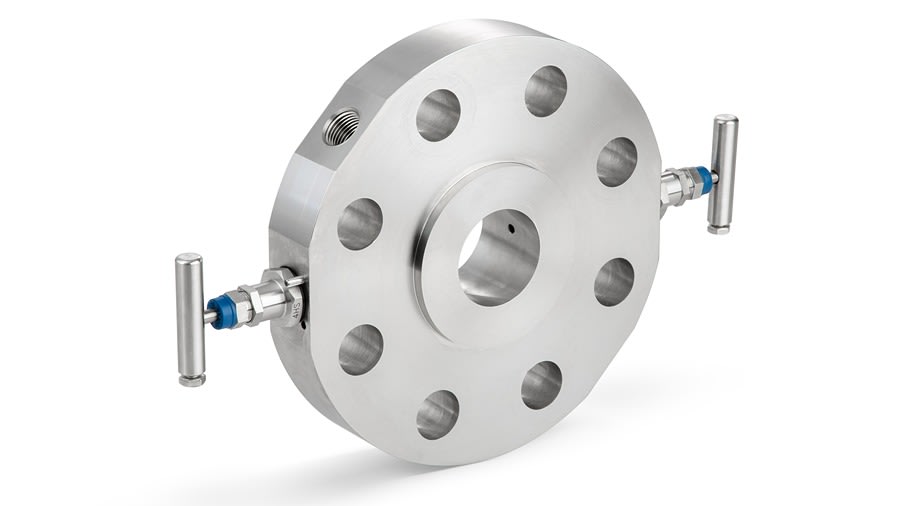novateague
Mechanical
- Nov 13, 2008
- 56
We just had some Maraging C300 parts come back from a standard aging process (6 hrs @ 900F, air cooled) with a 47.5 HRC hardness.
Typically it should be 50-55 HRC. What would be the best course of action to achieve higher through hardness without case hardening or nitriding?
Typically it should be 50-55 HRC. What would be the best course of action to achieve higher through hardness without case hardening or nitriding?




